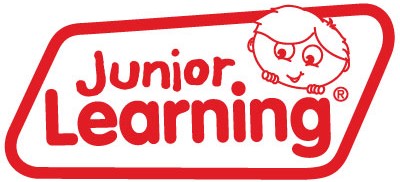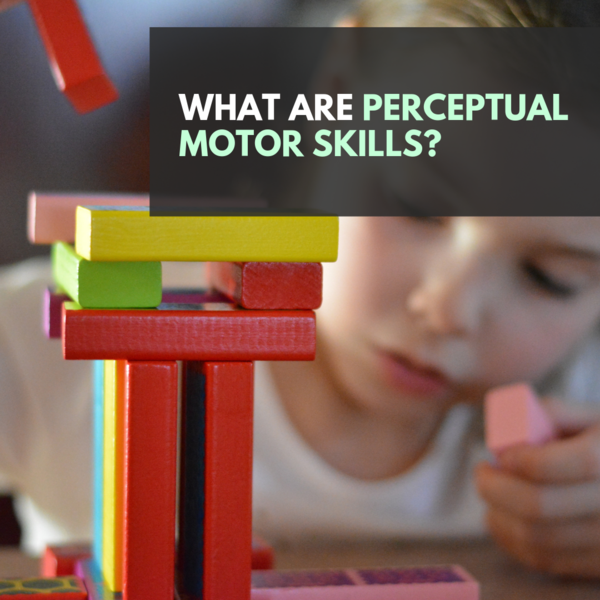
What are Perceptual Motor Skills?
You may have heard teachers at your child’s school talking about Perceptual Motor Skills. Or the school may offer a program in developing children’s Perceptual Motor Skills. But, what are these skills exactly? And why are they are so important to your child’s learning development?
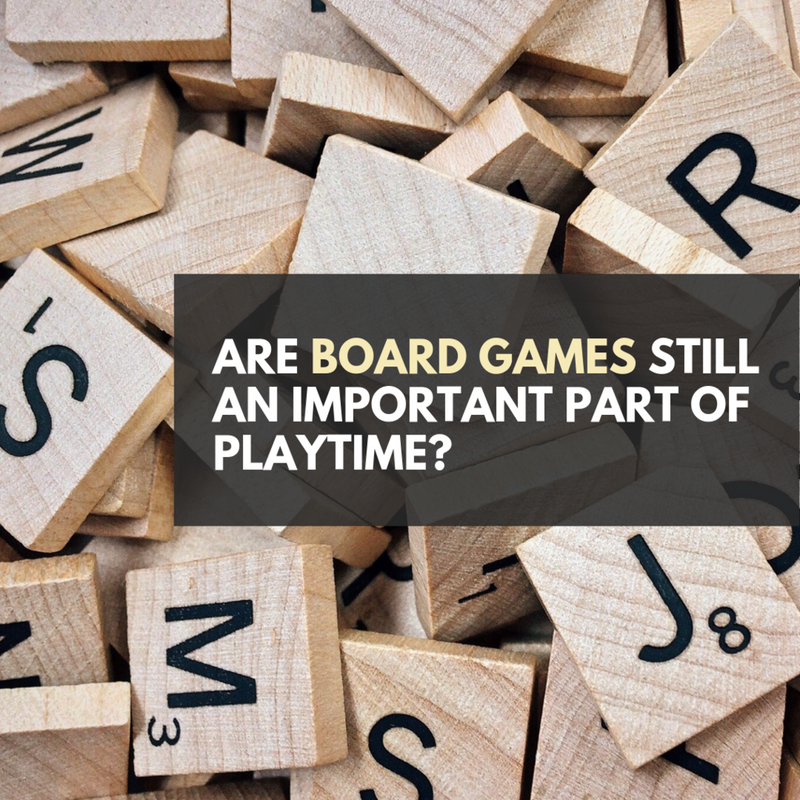
Are board games still an important part of playtime?
Even in the digital age, board games are still very important to a child's playtime. Board games can help develop social and emotional skills, logic and reasoning, critical and creative thinking, and boost a child's confidence in relation to learning concepts. Find out why Anna Milne sees value in a child's exposure to board games.
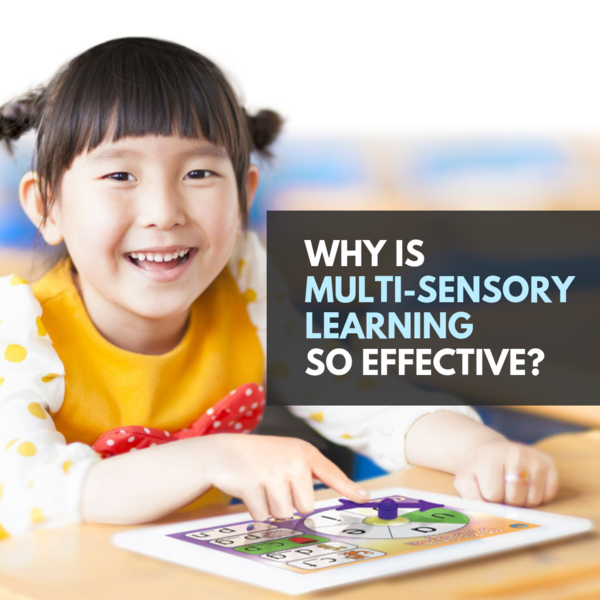
Why is multi-sensory learning so effective?
We know that children all learn in different ways. Some kids learn through hearing, whilst others may learn better through seeing and touching something. Thus, multi-sensory learning is a teaching method that makes learning easier for all children. Here's the brain science to prove it...
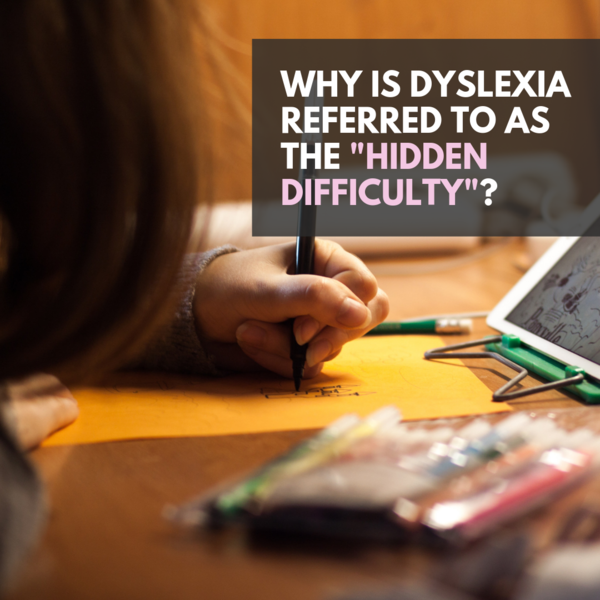
Why is dyslexia referred to as the "hidden difficulty"?
Statistics indicate that at least one-tenth of the world have dyslexia, but only 5% know it. Why is this? The simple answer is that you cannot "see" dyslexia. Therefore, if you aren't aware of the signs of the dyslexic gene, it's easy to overlook or misinterpret. Here are a list of reasons why dyslexia is hard to detect, and why you should should take extra care when assessing whether your child might have this neurological difference.
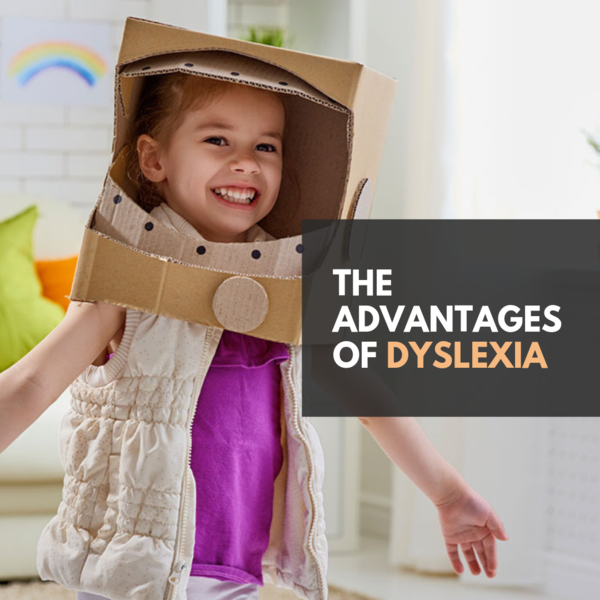
The Advantages of Dyslexia
In recent years, scientists have pondered the evolutionary significance of the dyslexic brain, and have executed a number of empirical studies that reveal the specific areas in which dyslexics are more likely to excel. A greater awareness of these strengths and neuro-diverse abilities can help parents and educators capture untapped talent, and maximise the strengths that dyslexia brings. Here is a list of five strengths that are often found in those with dyslexia.

The Famous Faces of Dyslexia
A common myth is that dyslexia affects one's intelligence, and limits one's ability to succeed in life. If these famous names prove anything, it's that many people at the top of their fields are dyslexic. Dyslexia should never stop an individual from discovering, writing, reading, experimenting, and doing all things creative!
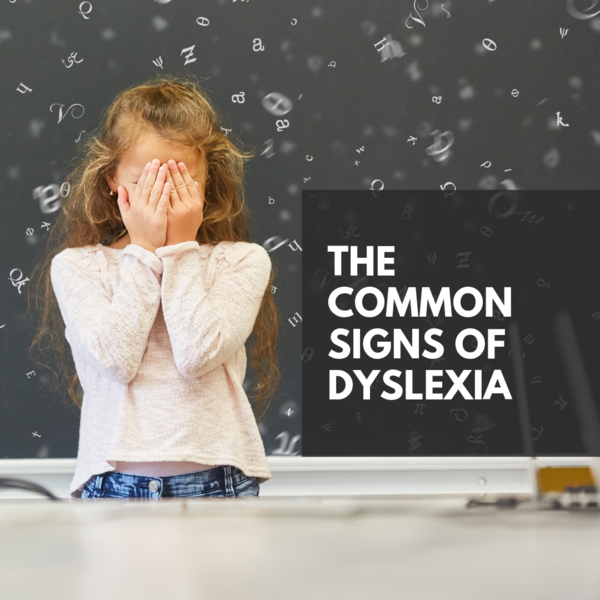
The Common Signs of Dyslexia
Although there is no cure to dyslexia, early assessment and intervention can have a major difference in helping with reading comprehension, vocabulary growth, and a child’s own understanding of their dyslexia. Here are some common signs of dyslexia that you should look out for.

What are Decodable Readers?
Reading non-decodable, or partially decodable books, can be demotivating and frustrating for children learning to read. Anna Milne explains why Decodable Readers are the best books for phonemic awareness and development in the earliest stages of reading.
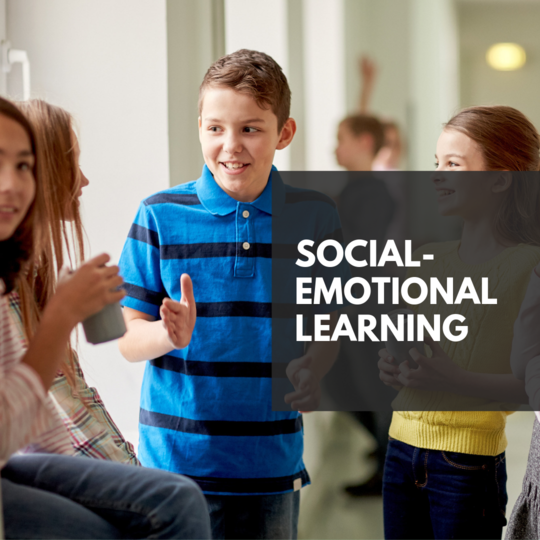
Social-Emotional Learning - What's It All about?
Anna Milne, co-founder of Junior Learning, discusses the importance of "social-emotional learning" (SEL) within the classroom.


JL382
- Regular Price
- £24.99
- Sale Price
- £24.99
- Regular Price
- Unit Price
- per


JL381
- Regular Price
- £24.99
- Sale Price
- £24.99
- Regular Price
- Unit Price
- per

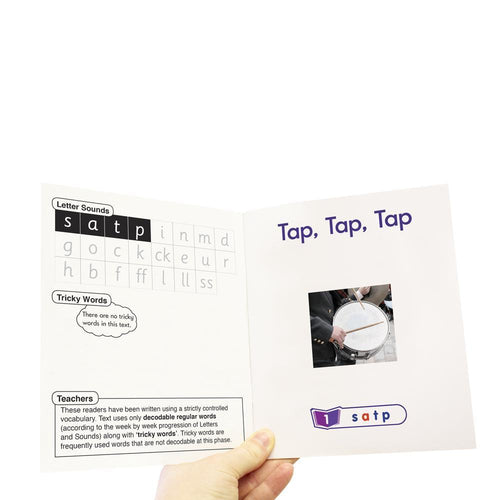
JL387
- Regular Price
- £24.99
- Sale Price
- £24.99
- Regular Price
- Unit Price
- per


JL388
- Regular Price
- £24.99
- Sale Price
- £24.99
- Regular Price
- Unit Price
- per


JL383
- Regular Price
- £24.99
- Sale Price
- £24.99
- Regular Price
- Unit Price
- per

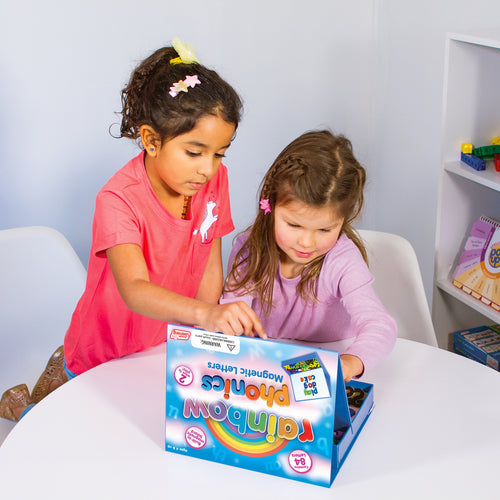
JL194
- Regular Price
- £17.99
- Sale Price
- £17.99
- Regular Price
- Unit Price
- per


JL384
- Regular Price
- £24.99
- Sale Price
- £24.99
- Regular Price
- Unit Price
- per


JL389
- Regular Price
- £24.99
- Sale Price
- £24.99
- Regular Price
- Unit Price
- per

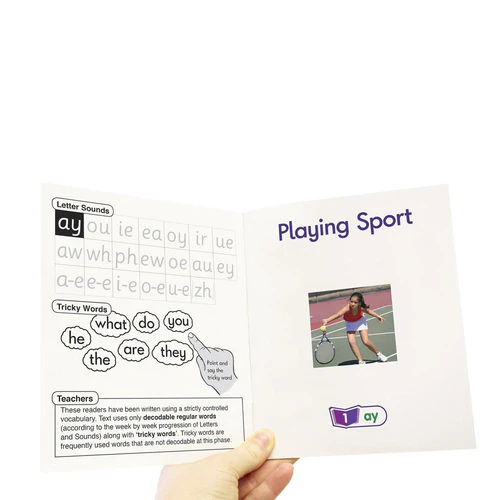
JL390
- Regular Price
- £24.99
- Sale Price
- £24.99
- Regular Price
- Unit Price
- per


BB107
- Regular Price
- £24.99
- Sale Price
- £24.99
- Regular Price
- Unit Price
- per

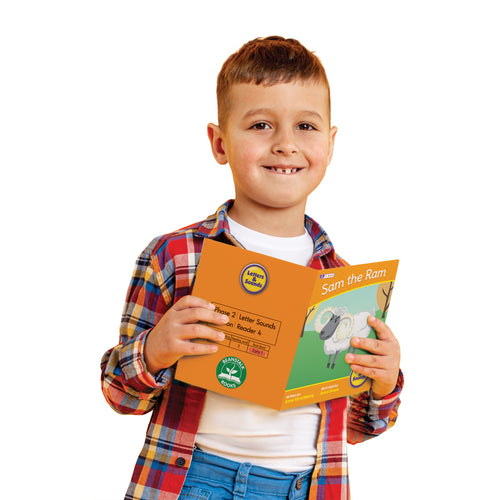
BB106
- Regular Price
- £24.99
- Sale Price
- £24.99
- Regular Price
- Unit Price
- per
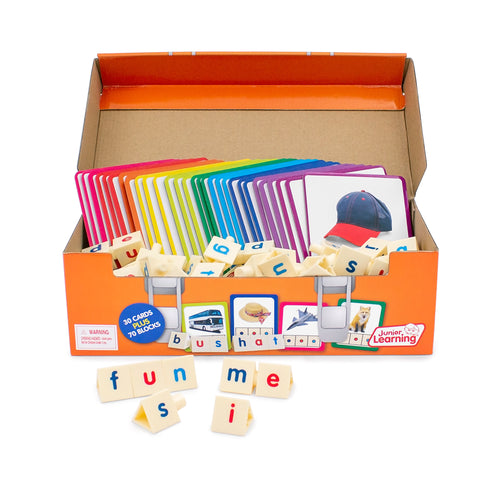
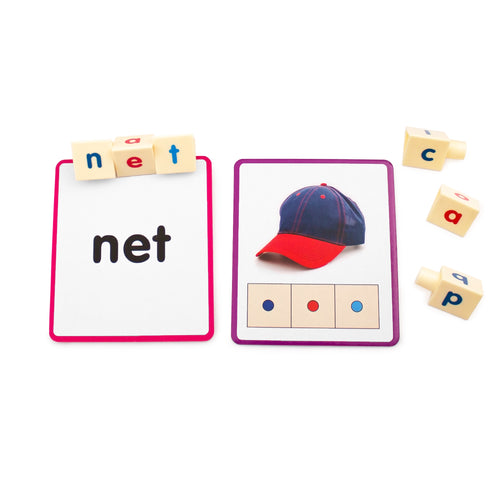
JL167
- Regular Price
- £19.99
- Sale Price
- £19.99
- Regular Price
- Unit Price
- per

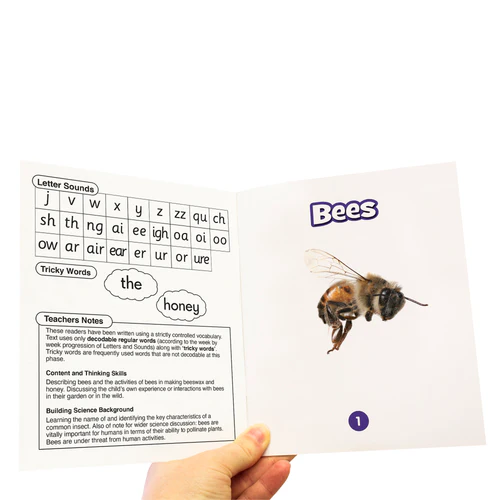
BB101
- Regular Price
- £24.99
- Sale Price
- £24.99
- Regular Price
- Unit Price
- per


JL380
- Regular Price
- £24.99
- Sale Price
- £24.99
- Regular Price
- Unit Price
- per
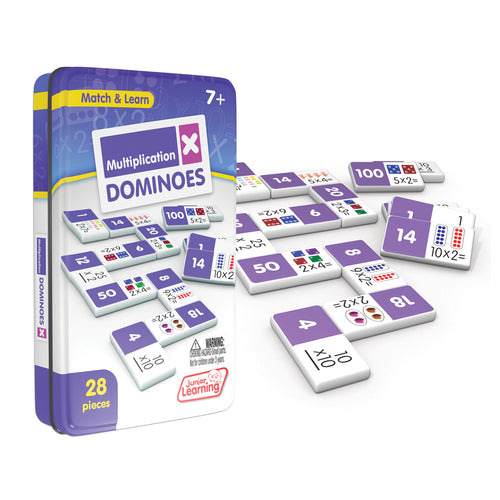
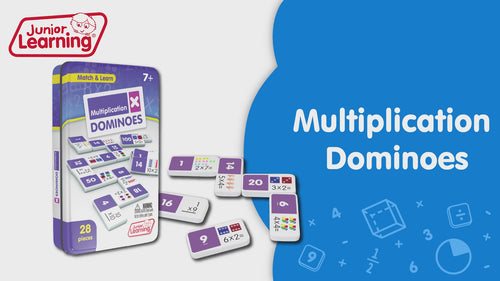
JL483
- Regular Price
- £9.99
- Sale Price
- £9.99
- Regular Price
- Unit Price
- per
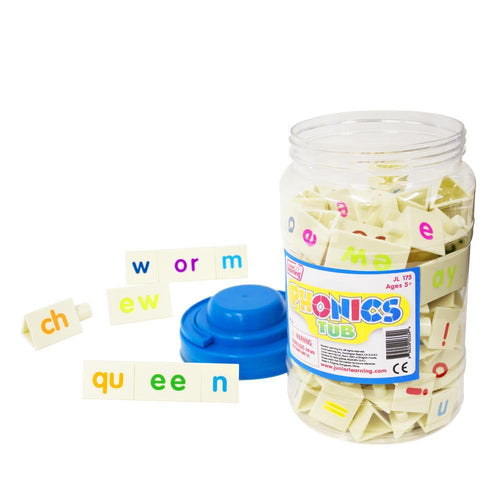
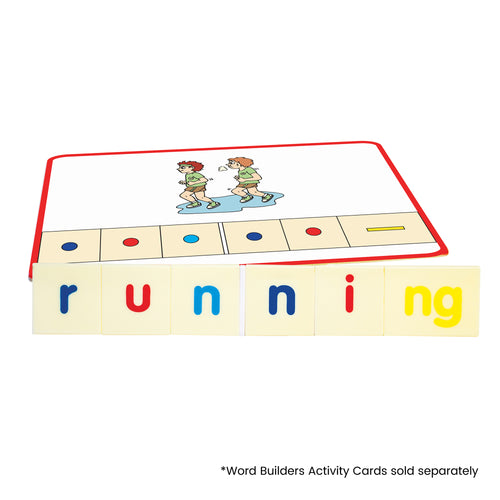
JL175
- Regular Price
- £23.99
- Sale Price
- £23.99
- Regular Price
- Unit Price
- per

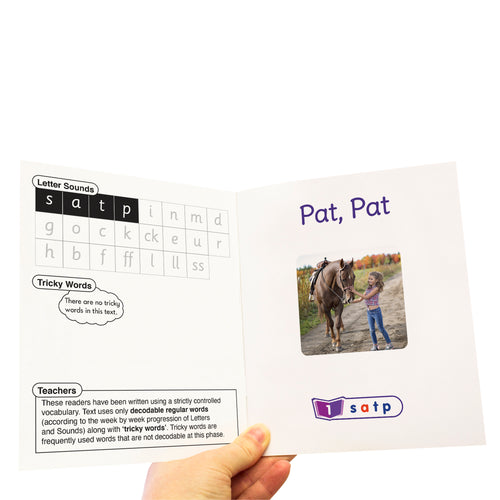
BB112
- Regular Price
- £24.99
- Sale Price
- £24.99
- Regular Price
- Unit Price
- per
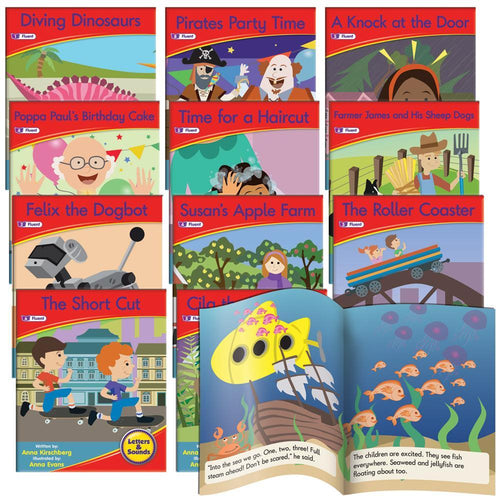

JL385
- Regular Price
- £24.99
- Sale Price
- £24.99
- Regular Price
- Unit Price
- per
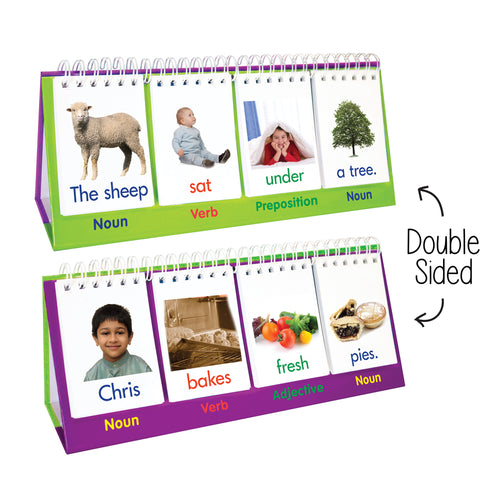
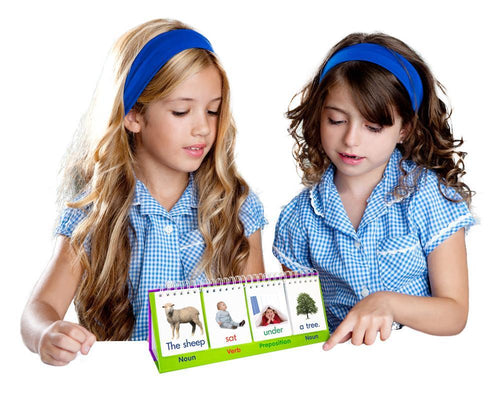
JL265
- Regular Price
- £9.99
- Sale Price
- £9.99
- Regular Price
- Unit Price
- per


BB113
- Regular Price
- £24.99
- Sale Price
- £24.99
- Regular Price
- Unit Price
- per

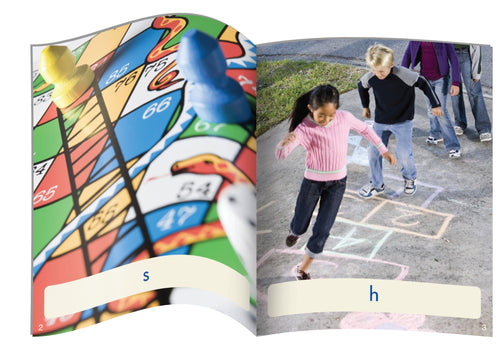
JL386
- Regular Price
- £24.99
- Sale Price
- £24.99
- Regular Price
- Unit Price
- per

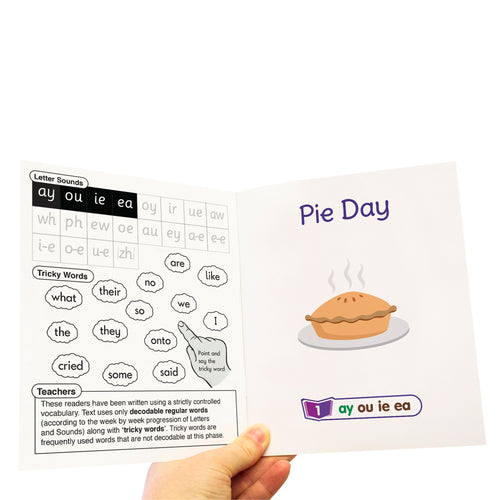
BB109
- Regular Price
- £24.99
- Sale Price
- £24.99
- Regular Price
- Unit Price
- per


BB114
- Regular Price
- £24.99
- Sale Price
- £24.99
- Regular Price
- Unit Price
- per
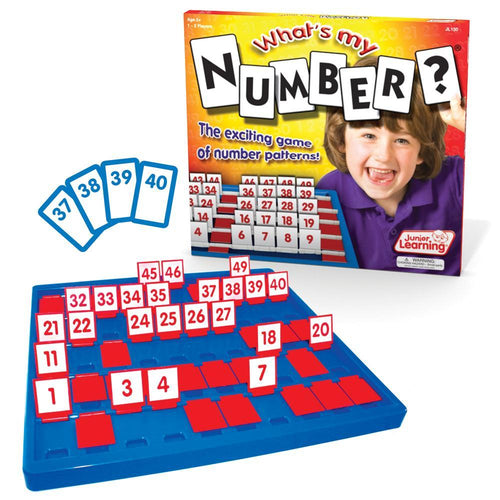
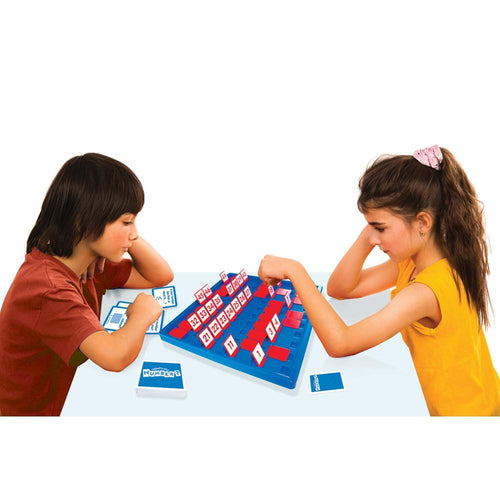
JL150
- Regular Price
- £23.99
- Sale Price
- £23.99
- Regular Price
- Unit Price
- per
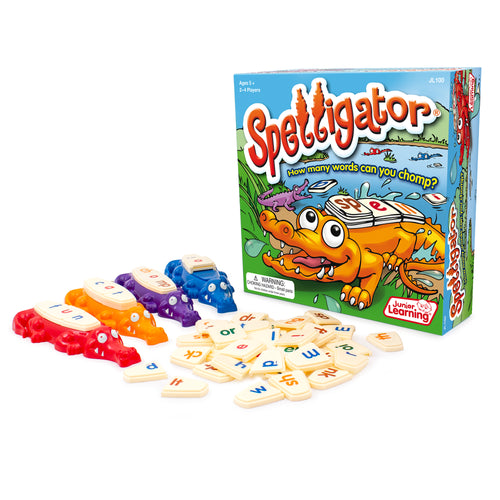

JL100
- Regular Price
- £23.99
- Sale Price
- £23.99
- Regular Price
- Unit Price
- per


BB100
- Regular Price
- £24.99
- Sale Price
- £24.99
- Regular Price
- Unit Price
- per

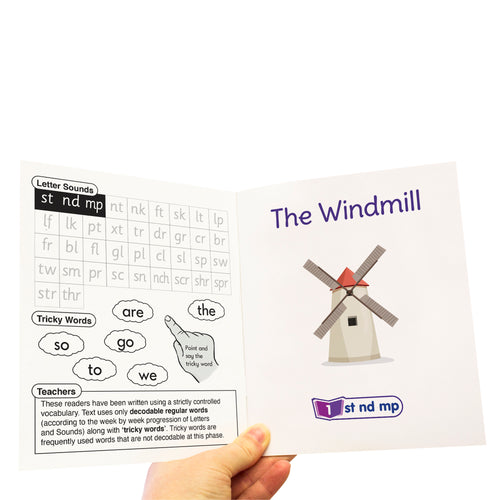
BB108
- Regular Price
- £24.99
- Sale Price
- £24.99
- Regular Price
- Unit Price
- per

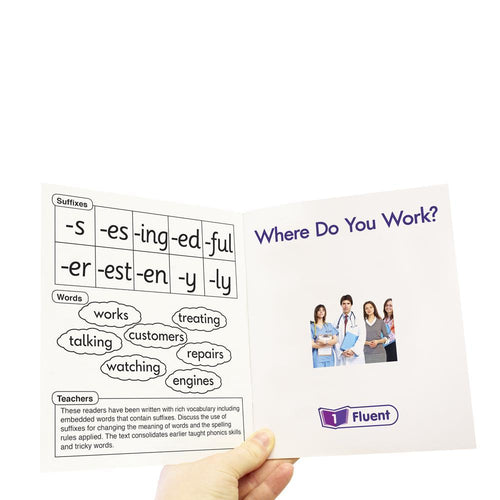
JL391
- Regular Price
- £24.99
- Sale Price
- £24.99
- Regular Price
- Unit Price
- per
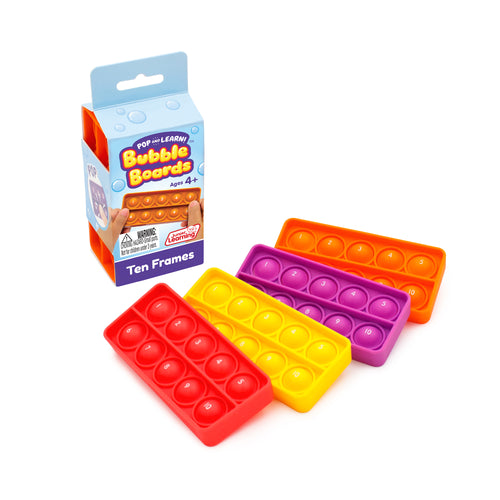
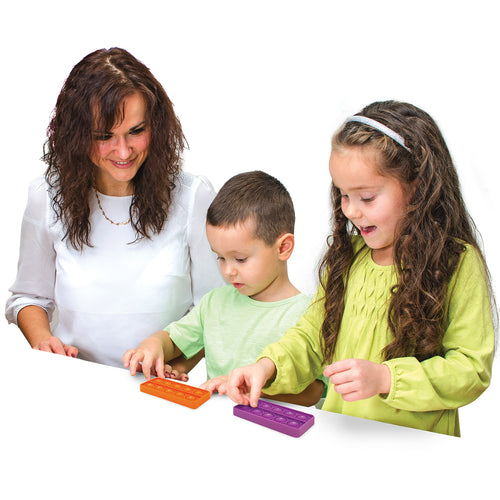
JL673
- Regular Price
- £17.99
- Sale Price
- £17.99
- Regular Price
- Unit Price
- per

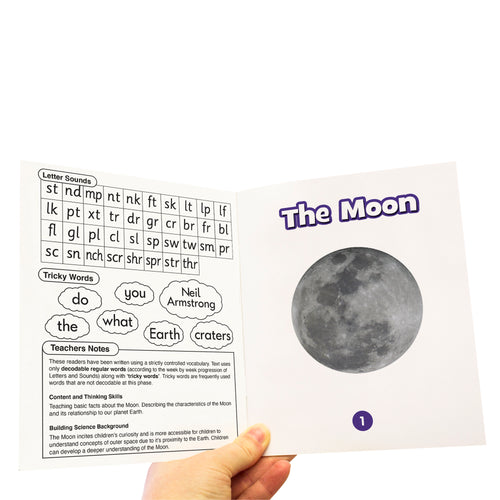
BB102
- Regular Price
- £24.99
- Sale Price
- £24.99
- Regular Price
- Unit Price
- per
